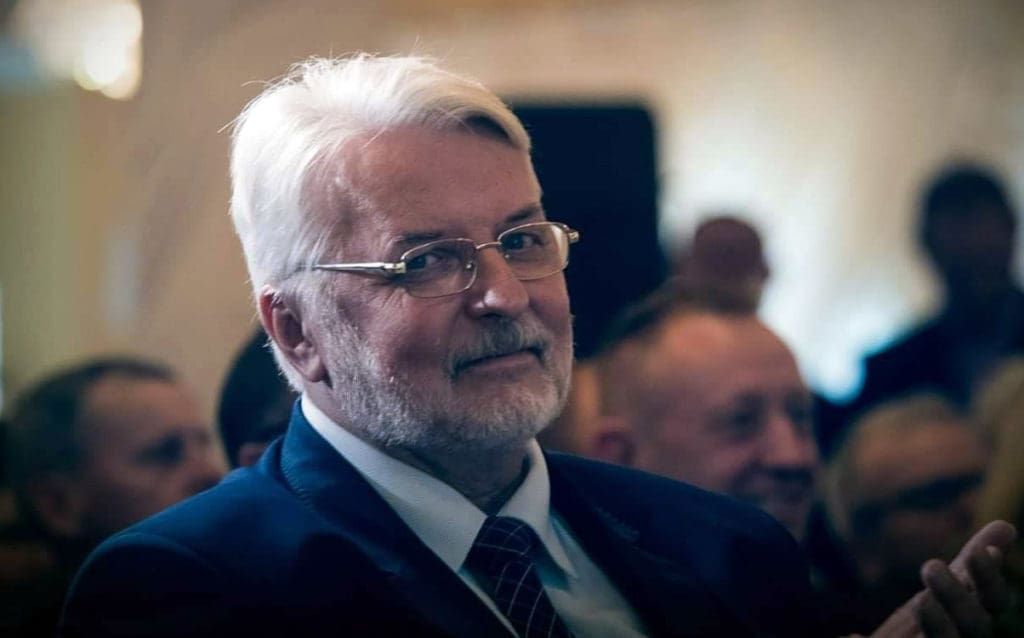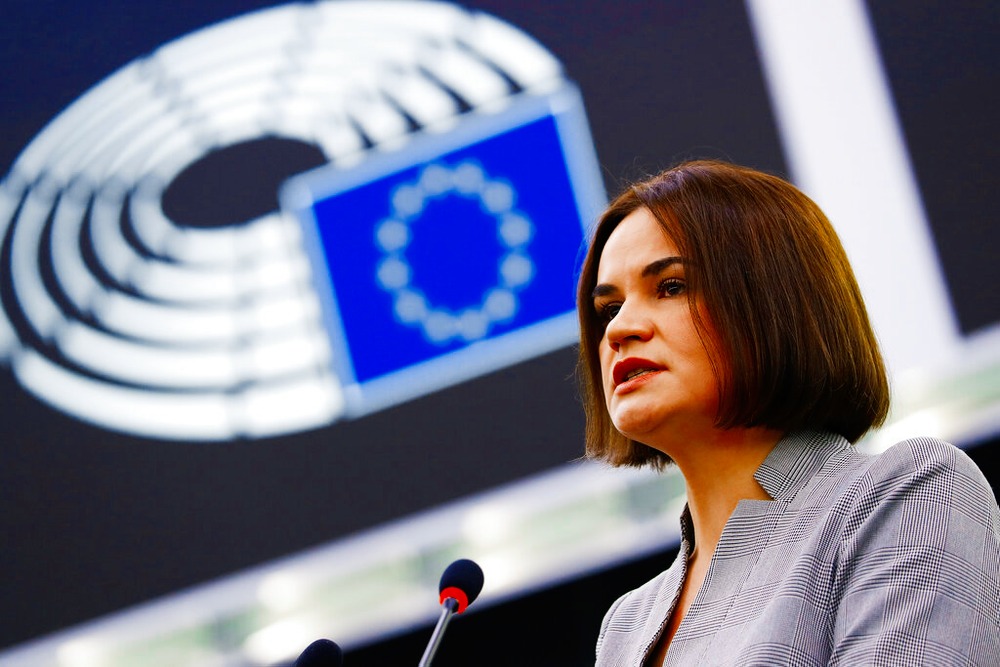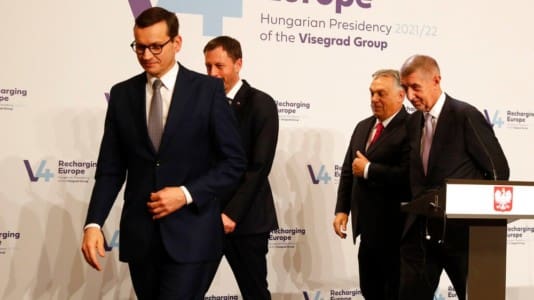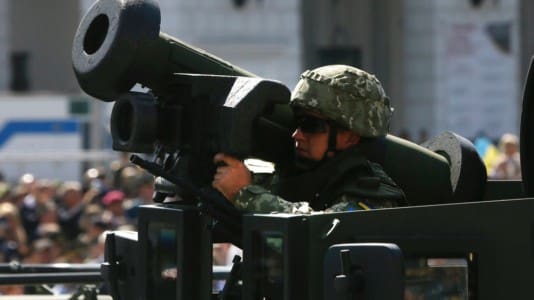On Wednesday, Belarusian opposition leader Sviatlana Tsikhanouskaya held a speech on the forum of the European Parliament. In her speech, she emphasized that the Alexander Lukashenko regime was behind the artificially created migration crisis, warning that Europe should not allow the dictator to manipulate migrants and stressing that both the migrants and Belarusians were being treated as hostages.
She expressed strong support for Poland and the Baltic States which were facing the crisis.
“We can see how dangerous the Lukashenko regime can be to its neighbors. Poland and Lithuania are struggling with the greatest security crisis at their borders in recent years. Poland and Lithuania, be strong! We know you are paying a terrible price for being true friends of the Belarusian nation,” she stated.
Tsikhanouskaya also criticized the European Union for not taking decisive or substantial action during the crisis.
“Do you really believe that your condolences and expressions of deep worry will ensure safety and peace to imprisoned and persecuted Belarusians? Europe must be more proactive; waiting and watching is not a good strategy,” she said.

Law and Justice (PiS) MEP and former Polish FM Witold Waszczykowski noted on Polish Radio 24 that “Tsikhanouskaya’s speech was a great one.” He recalled that the European Parliament had not wanted to hear out PM Mateusz Morawiecki on the matter of the crisis on the Polish-Belarusian border.
“Tsikhanouskaya spoke like the Polish PM. She presented the same narrative and interpretation of the situation in Belarus and the same expectations towards Europe that Poland has and the same ones that the PM Morawiecki presented in yesterday’s letter to the Parliament,” he said.
He pointed out that, finally, “the Belarusian side stated that sanctions should be imposed on the Belarusian regime’s participation in international events.”
Waszczykowski added that the Belarusian Tsikhanouskaya was also critical of Angela Merkel’s recent actions.
“She did not appreciate Merkel’s campaign, as part of which she had spoken with Lukashenko twice. This was an unambiguous criticism of such actions and an appeal to not continue doing so,” he said.






